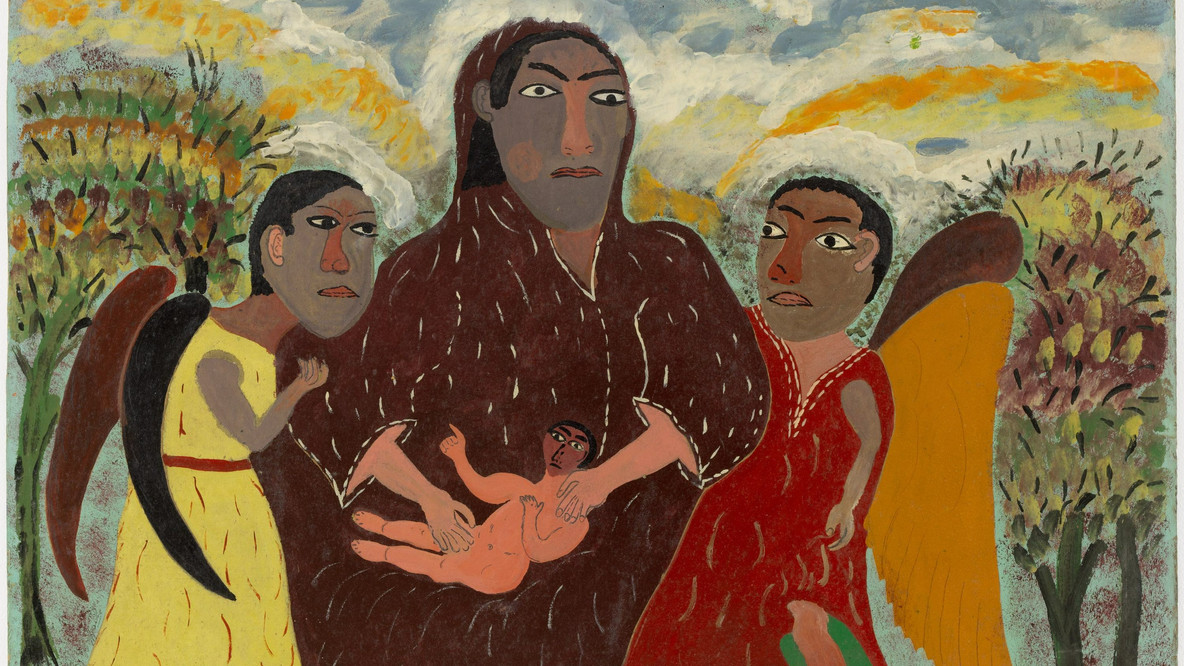In the rich tapestry of art history, there are fascinating moments when diverse cultures intertwine, sparking inspiration and giving birth to extraordinary movements. One such enthralling connection lies between the vibrant and captivating art of Haiti and the revolutionary force of the Surrealist movement. While living in Dominican Republic I explored Haitian art and its connection to the Surrealist movement, unearthing the hidden gems that shaped artistic expression and fueled the fires of creativity.
In 1945, Andre Breton, the French writer and poet who is considered the founder of the surrealist movement, traveled to Haiti. His trip to this Caribbean island nation had a profound impact on his work and the development of the surrealist movement.
Breton had been interested in the art and culture of Haiti for some time. In the 1930s, he had acquired several Haitian paintings and had written about them in the surrealist journal "Le Surréalisme au service de la révolution". He saw in Haitian art a form of expression that was deeply rooted in the subconscious mind, and he recognized its affinity with the surrealist approach.
Breton's trip to Haiti was sponsored by the French government, which had asked him to report on the state of art and culture in the country. He arrived in Port-au-Prince in January 1945 and spent several weeks traveling around the country. During this time, he met with Haitian artists and intellectuals, including the painter Hector Hyppolite and the writer Jacques Roumain.
Breton was struck by the richness of Haitian culture and the way in which it intersected with surrealism, particularly in the vodou religion. Vodou is a syncretic religion that combines elements of African and Catholic traditions, and it has played a central role in Haitian culture for centuries. Breton recognized the way in which Haitian artists were able to express their innermost thoughts and feelings through their art, and he saw this as a parallel to the surrealist approach.
Breton's experiences in Haiti led him to write the precursor to the surrealist manifesto, which he published in 1946. In this text, Breton outlined the key principles of surrealism, including its focus on the subconscious mind, the importance of chance and automatic writing, and the rejection of traditional values and institutions. He also acknowledged the influence of Haitian art on the surrealist movement, noting that it had opened up new possibilities for artistic expression and experimentation.
Breton's trip to Haiti was also important in the development of the surrealist movement because it helped to connect surrealism with the struggles of oppressed peoples. Haiti had only recently gained independence from France, and it was still grappling with issues of poverty, inequality, and political instability. Breton saw in the Haitian people a spirit of resistance and a willingness to challenge established norms and authority, and he recognized this as a key element of the surrealist ethos.
In conclusion, Andre Breton's trip to Haiti in 1945 was a pivotal moment in the development of the surrealist movement. His experiences in the country helped him to recognize the importance of the subconscious mind and the potential of art to express innermost thoughts and feelings. His encounters with Haitian artists and intellectuals inspired him to write the precursor to the surrealist manifesto, which outlined the key principles of the movement. And his recognition of the struggles of oppressed peoples helped to connect surrealism with broader political and social movements. Breton's trip to Haiti was a testament to the power of travel to inspire and transform the creative process.


